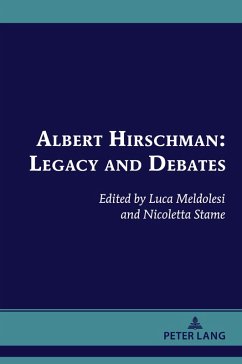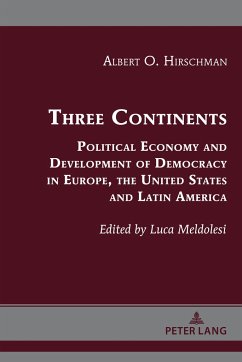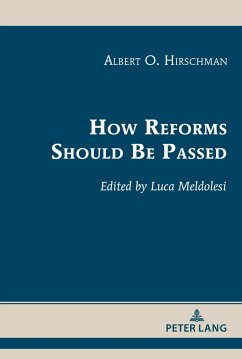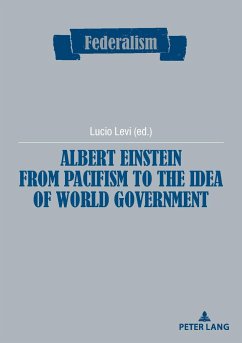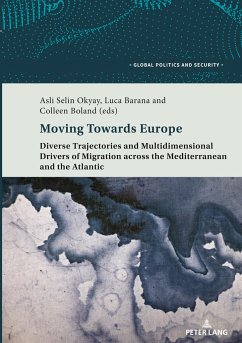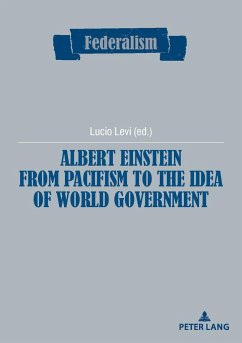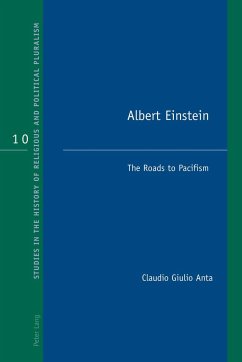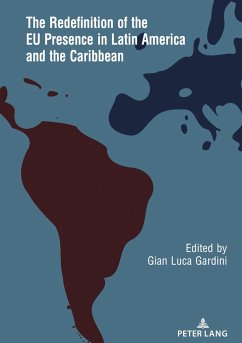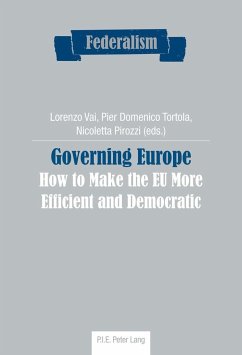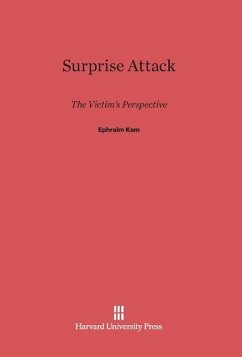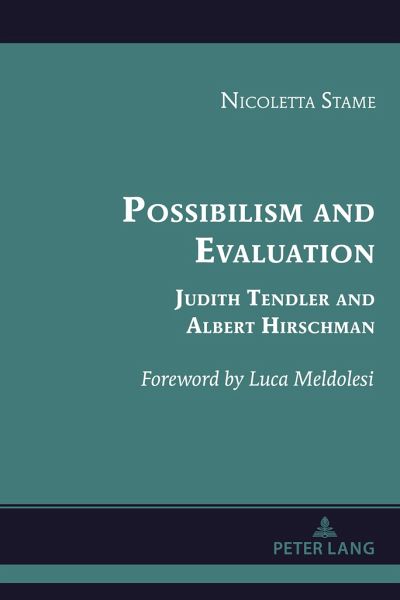
Possibilism and Evaluation
Judith Tendler and Albert Hirschman
Herausgegeben: Meldolesi, Luca
Versandkostenfrei!
Versandfertig in 6-10 Tagen
84,95 €
inkl. MwSt.
Weitere Ausgaben:

PAYBACK Punkte
0 °P sammeln!
Albert Hirschman affirmed that "Judith Tendler's fine insights into the differential characteristics and side-effects of thermal and hydropower, and of generation and distribution, contributed in many ways to the formation of my views." Judith Tendler, in turn, wrote that Hirschman had taught her "to look where I never would have looked before for insight into a country's development," and that in Albert's work a researcher who was "patient enough" would find "a rich complexity of both success and failure, efficiency alongside incompetence, order cohabiting with disorder."Reconstructing the th...
Albert Hirschman affirmed that "Judith Tendler's fine insights into the differential characteristics and side-effects of thermal and hydropower, and of generation and distribution, contributed in many ways to the formation of my views." Judith Tendler, in turn, wrote that Hirschman had taught her "to look where I never would have looked before for insight into a country's development," and that in Albert's work a researcher who was "patient enough" would find "a rich complexity of both success and failure, efficiency alongside incompetence, order cohabiting with disorder."
Reconstructing the theoretical roots of interpretive social science, this text shows how Hirschman's possibilism lies at the base of the original way Tendler practiced evaluation and anticipated many current developments. The continuing vitality of their thought enables us to trace the outlines of possibilist evaluation.
Reconstructing the theoretical roots of interpretive social science, this text shows how Hirschman's possibilism lies at the base of the original way Tendler practiced evaluation and anticipated many current developments. The continuing vitality of their thought enables us to trace the outlines of possibilist evaluation.





